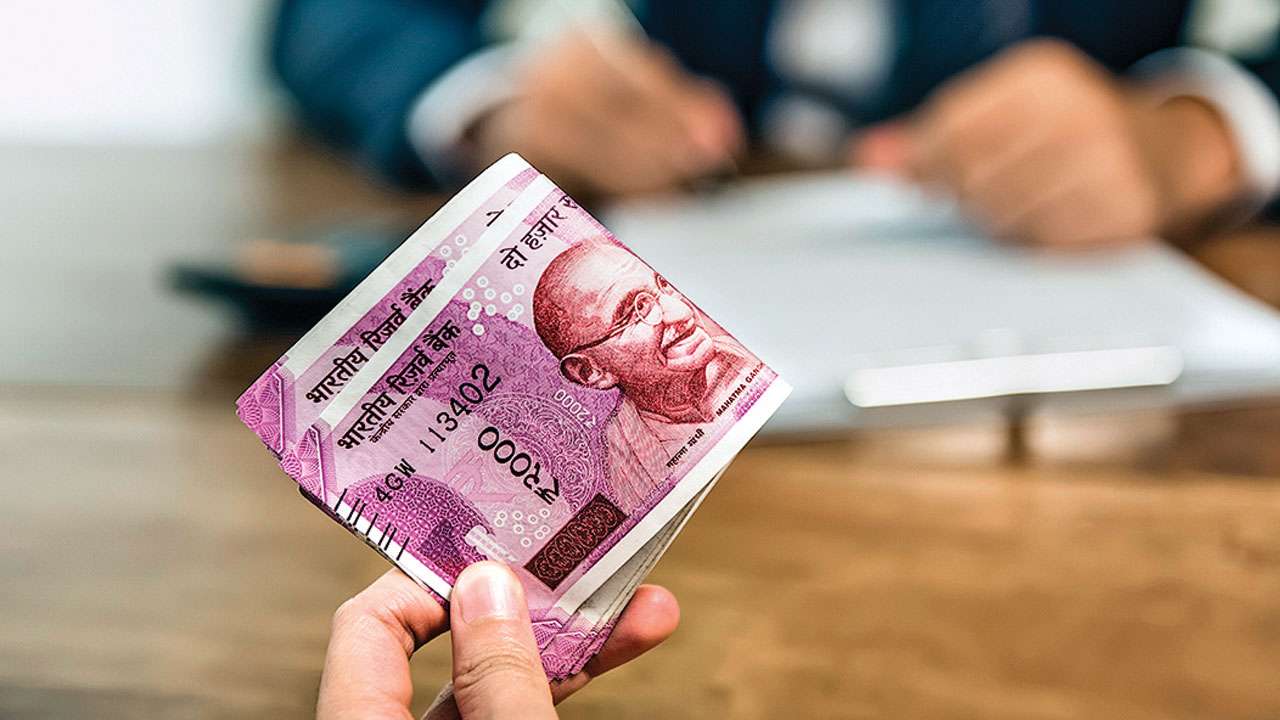
A stay order by Delhi High Court on a tax demand by Central Goods and Services Tax (CGST) Commissionerate has come as a major relief for business entities, tax practitioners said.
Accordingly, interest for delay in payment of Goods and Services Tax (GST) can be levied on the net tax liability, that is the difference between the gross tax liability and the Input Tax Credit (ITC), for which a business entity is entitled to.
Suppose if an entity has to pay a tax of Rs 100 and it has an ITC entitlement of Rs 80. If it fails to pay the tax due in time or file the return within the deadline, then whether the interest should be paid on the entire tax amount of Rs 100 or the net tax liability of Rs 20, is the bone of contention between GST authorities and businesses. Authorities say that the entity will have to pay tax on the gross tax liability of Rs 100, while businessmen and tax practitioners say that since the tax of Rs 80 has been paid by the company, the interest should be paid on remaining Rs 20 only.
A BIG RELIEF |
|
In one such case, CGST authorities had asked Delhi-based automobile dealer Landmark Lifestyle to pay an interest of Rs 8.19 crore, against its tax liability of Rs 3.31 crore because of delay in filing returns. The tax demand was challenged in Delhi High Court, which stayed the order, claiming it to be “unreasonable and erroneous”. It also said that till the next hearing, no coercive action shall be taken against the company for non-payment of interest amount.
“GST is a value-added tax and so the interest should be levied only on the value added component and not the gross amount. You cannot levy interest on ITC amount as this component of tax is already paid,” said Nitesh Jain, an Ahmedabad-based chartered accountant, who is associated with the case. Jain said that if another business entity, which has collected tax from Landmark, on behalf of the government, but has not deposited the tax in time, then anyways it has to pay interest for delay in tax payment.